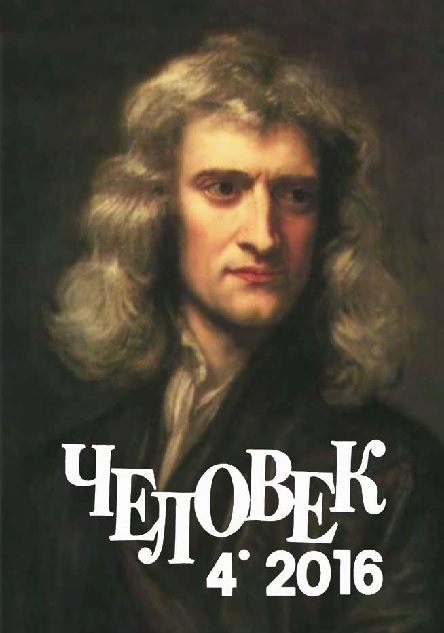Kabbalah in the cultural space of the West (late 15 th - early 18 th centuries)
Keywords:
Kabbalah, christian Kabbalah, syncretism, linguistic mysticism, renaissance natural philosophy, universal religion, kabbalistic magic, metaphysicsAbstract
The article deals with the reception of kabbalah manifested in the form of Christian kabbalah - the syncretic doctrine containing some elements of Christianity, kab- balah, neoplatonism, hermetism and magic. In spite of its missionary nature Christian kabbalah gave powerful impulse to the development of the renaissance natural philosophy (J. Reuchlin, J. Dee), concept of personality, the ideas of universal religion, based on prisca theologia (Pico della Mirandola), and united humankind (“Rosicrucian Enlightenment”). Under the influence of Lurianic kabbalah the notion “ticcun” (improvement) which became widespread was interpreted as the social and universal (cosmic) progress. In the second half of XVII century some kabbalistic notions were adopted and incorporated in B. Spinosa metaphysics and in monadology by G. Leibniz. This tendency providing new opportunities for further interpretations of kabbalah was interrupted in XVIII century and was reviving from time to time during XIX-XX centuries.






